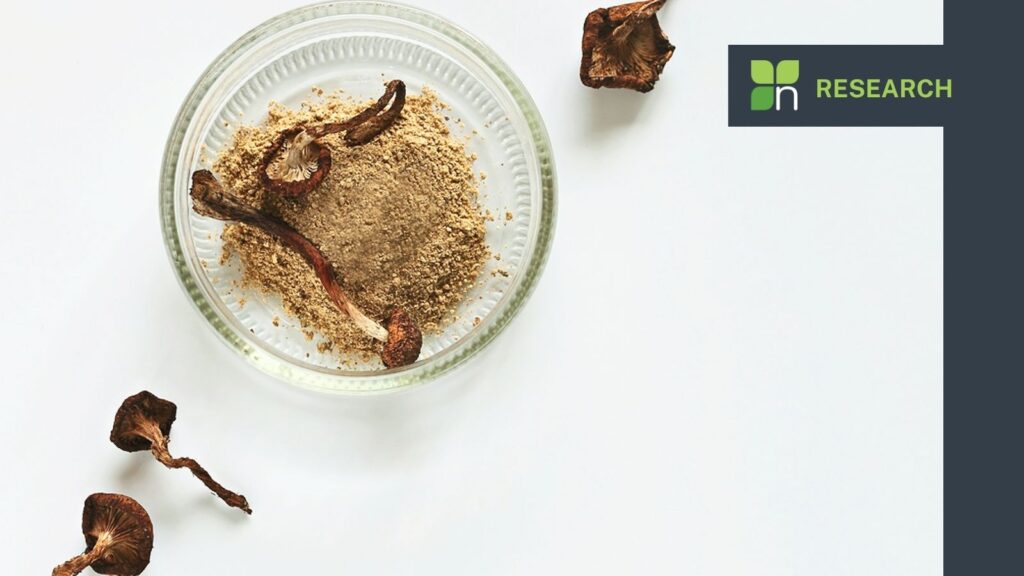NUNM research demonstrates feasibility of psychedelic treatments for low-income participants.

On Tuesday, researchers at the National University of Natural Medicine (NUNM) released results from an inaugural feasibility study that may give hope to low-income adults struggling with depression.
Led by Matthew Hicks, ND, an NUNM alumnus and affiliate research investigator at NUNM’s Helfgott Research Institute, it was the first study of its kind to examine both affordability and feasibility in psilocybin therapy using a group model.
“With this project we wanted to demonstrate the benefits of group therapy models which not only have therapeutic perks but are more cost effective than one-on-one models,” said Dr. Hicks. “We also thought a psychedelic study focused on a low-income population was overdue.”
The Low-Income Group Psilocybin Assisted Therapy for Depression (LIGPATD) study included 19 participants from low-income backgrounds, divided into four cohorts, all of whom were eligible for Medicaid through the Oregon Health Plan.
Over the course of the study, participants joined a small cohort for a month-long study, which concluded with group integration sessions to process experiences.
Study Findings:
Participants who typically cannot access this high-cost psychedelic therapy treatment believed the study was beneficial to them—and many experienced dramatic improvements in depression symptoms.
When Dr. Hicks first announced the LIGPATD study in 2024, he emphasized a major goal of the research was to address cost barriers in psychedelic therapy.
“For all the hype that’s been created, it’s still not very accessible to most people. Research is a way to address that in the long run,” Dr. Hicks previously said.
With their recent findings, NUNM researchers are one step closer to that goal.
The research team found that group therapy sessions involving psilocybin—the active ingredient in psychedelic mushrooms—supported low-income adults in a number of ways.
- Most participants experienced significant improvement in depression symptoms, along with measurable gains in anxiety, sleep, fatigue, and cognitive function.
- Participants reported powerful feelings of emotional release, spiritual insight, and connection with others in the group setting.
- The program showed high satisfaction and low dropout rates, demonstrating strong feasibility.
- Using a group-based treatment format shows potential for reducing the cost of psilocybin therapy, laying the groundwork for scalable, community-based mental health services in the future.
Participant Insights
Olivia Hicks, ND, also an NUNM alumna and co-facilitator of the study, noted nearly all participants had initially expressed hesitation about participating in a group-focused environment. However, their attitudes shifted significantly by the end of the three-month program.
Participants reported increased feelings of trust, safety, and belonging after sharing their experiences with others.
She noted their communal sessions were able to provide them with deeper insights and help to reduce feelings of loneliness—a factor common in many mental health conditions, especially major depressive disorder.
“Some called it ‘life-changing,’” said Dr. Olivia Hicks, co-facilitator in the study. “The group format was both effective and cost-efficient, helping people feel less alone.”
Next Steps
Dr. Matthew Hicks said researchers hope LIGPATD can serve as a foundation for conducting larger, more comprehensive studies in the future. Goals include expanding the study to encompass a more diverse population of both urban and rural participants.
In the past, Dr. Hicks noted researchers’ hope that their study can help drive nationwide policy change to include legal access to psychedelic therapies—and perhaps even insurance coverage.
“This feasibility study demonstrated that a low-income population with depression can really benefit from psilocybin therapy done in a group,” he said. “It was safe, it was well-tolerated, and we saw really meaning improvements in their lives.”
The Helfgott Research Institute at the National University of Natural Medicine is a professionally independent, non-profit research institute whose mission is to conduct rigorous, high quality, research on the art and science of healing, specifically working to understand natural forms of medicine.
Written by Ashley Villarreal, NUNM Marketing Content Specialist